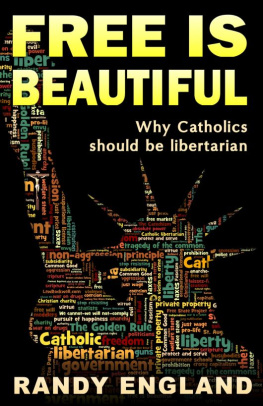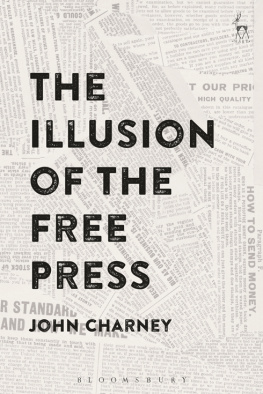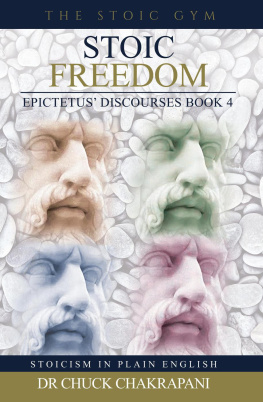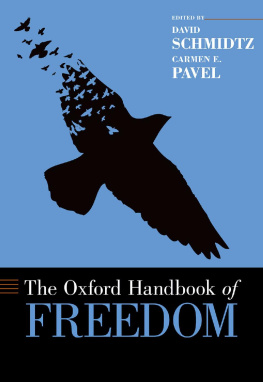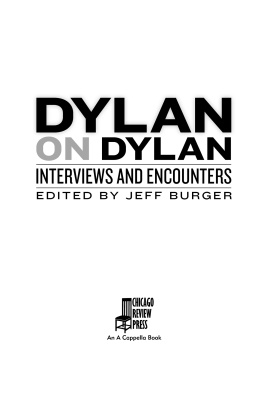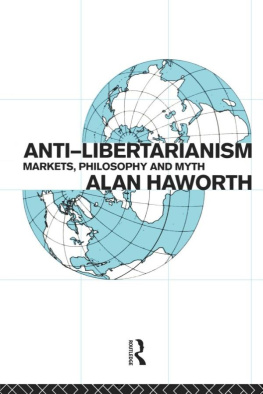Foundations of a Free & Virtuous Society
By Dylan Pahman
Smashwords Edition
2017 Acton Institute
All rights reserved. No part of this publication may be reproduced, stored in a retrieval system, or transmitted in any form or by any means, including electronic, mechanical, photocopying, recording, or otherwise without the prior permission of the publisher.
All Scripture quotations, unless otherwise noted, are taken from the New King James Version (NKJV). Copyright 1982 by Thomas Nelson. Used by permission. All rights reserved.
Foreword
How we understand God, the human person, and human society, which includes philosophy, politics, economics, and civil society, will determine much of how we think about everything. This is the central thesis of this short book by Dylan Pahman. A corollary of that thesis is that a great deal of political, economic, and philosophical error and social disorder will result if we proceed on the basis of erroneous concepts of God and man. If, for instance, we view people as uncreative, essentially unfree, unresponsive to incentives, or needing constant top-down direction, it is highly likely that we will gravitate toward a socialist, even statist, view of political, legal, and economic policy.
Peoples capacity to understand this basic truth about human beings and human society, one that might be described as anthropological, has been compromised by many developments in recent decades. One is that most people who attend university do not engage in the systematic type of study that methodically unfolds the relationships among such things. The same attendance at university is also likely to be highly specialized in nature. A student may receive, for instance, a thorough, even sophisticated, immersion in theology and philosophy, yet learn virtually nothing about economicsor vice versa. As a result, that student may fall into the trap of thinking about everything theologically (which is not wrong in itself) but with complete unawareness that economics
can provide us with insights into the human condition that theology, by itself, cannotand vice versa.
One of the Acton Institutes concerns, from its beginning, has been to provide people of all confessions across the world with this type of integrated approach to understanding the human condition in light of the fullness of truth that we find in Divine Revelation and reason. Starting with an outline of basic truths about the nature of human beings, it has sought to unfold the implications of seeing man as a creative, rational, free, individual, social, and sinful being for economic life, associational activity, the role and character of the state, and international affairs, especially international economic relations.
The conclusions that people will reach about many of these areas will be prudential, inasmuch as there is considerable room for disagreement among Jews, Christians, and people of other faiths concerning these subjects. You cannot go, for example, straight from the truths of Christian anthropology to a determination that the ideal maximum income tax rate is 40 percentor 80 percent or 2 percent. But you will start to see that there are tax rates that undermine initiative and disincentivize people from being creative in economic life. Similarly, Christian anthropology will not tell you what is the optimal political system or form of government. It will, however, let us know that those governmental forms that severely block human beings opportunity to make free choices set the state against a basic feature of human anthropology. In short, Christian anthropology indicates that, while there are legitimate arguments about what the limits of state power ought to be, the preference ought to be for limited rather than totalitarian government.
These are not new insights. People have been speaking and writing about Christian anthropology and its implications for social, economic, and political order for centuries. But while there are many books and articles that have been written in this area, very few have been written for general audiences and even fewer have been composed with an eye to simplicity in explanation.
Unusual, too, is the books ecumenical approach. Pahman draws upon evangelical, Orthodox, mainline Protestant, and Catholic documents, as well as sources that are common to all of these confessions. Complemented by a style that makes complex theological, political, and economic ideas easily comprehensible, Pahmans careful explanation of the relationship between Christian anthropology and concerns for freedom, justice, development, and human flourishing will be accessible to people of varying religious and educational backgrounds.
Pahman thus demonstrates that economics in general and free market economics in particular are not especially difficult to understand. Christians and other people of faith are often inclined to see economics as very complicated or, in some instances, as reflecting and generating a view of human beings that verges on the antihuman. Pahman shows, however, that economics is the study and application of certain insights into the human condition and the functioning of particular human institutions. Prominent among these are the role of incentives, the idea of comparative advantage, the workings of trade-offs, and how free prices convey information about the supply and demand of literally billions of products and services at any one point in time. The importance of institutions that many Christians tend to take for grantedmost notably, private property and the rule of lawis also underscored by Pahman who shows just how much functioning economies depend on their long-term strength. This is especially true when it comes to an issue that all Christians must take seriously, which is poverty and poverty-alleviation.
One of Christianitys most important messages is that it is folly to try and create earthly utopias, something well-summed up in the slogan Dont Immanentize the Eschaton! Pahman shows that this error is made repeatedly by many Christians, some of whom have acted in such a way on the basis of good intentions. At the same time, this short text shows how Christians can effect meaningful and lasting change if they take the truths revealed by their own faith in the human condition seriously and if they also pay attention to the insights that everyone, believer and nonbeliever, can find in the economic way of thinking. Neither economics as a social science nor free markets as the embodiment of particular economic practices and certain political, legal, and social institutions, will save our souls. But, informed and directed by an understanding of Christian anthropology, which Christians believe is the full truth about man, human life can be made more humaneincluding in the economy. If that is the only message that readers take away from this book, it will have helped to realize a great end.
Samuel Gregg
Director of Research, Acton Institute
Introduction
Today we need a maximum of specialized economic understanding, but also a maximum of ethos so that specialized economic understanding may enter the service of the right goals.
Joseph Cardinal Ratzinger
Setting the Stage
It is not uncommon for people today, Christians especially perhaps, to champion the values of faith and freedom, no matter what their tradition, political orientation, or moral vision may be. But the policies and practices that follow from and contribute to those values are not self-evident. Well-intentioned people including those with genuine faith in Jesus Christ can be found on all sides of every political, cultural, economic, and sometimes even moral issue.
This book is hardly meant to conclusively settle any such debates. Rather, the goal is to elucidate one common starting point that aims to promote a free and virtuous society and only one take on that perspective in particular: my own. Thus, this book is meant to be an introductory work of Christian social thought. It should work as a bridge to help people get from point A (Judeo-Christian values) to point B (a free society) in a way that doesnt descend into impracticality or fail to regard the rich heritage of the past. As Christ himself put it, every scribe instructed concerning the kingdom of heaven is like a householder who brings out of his treasure things new and old (Matt. 13:52). That is my aspiration, at least.
Next page

